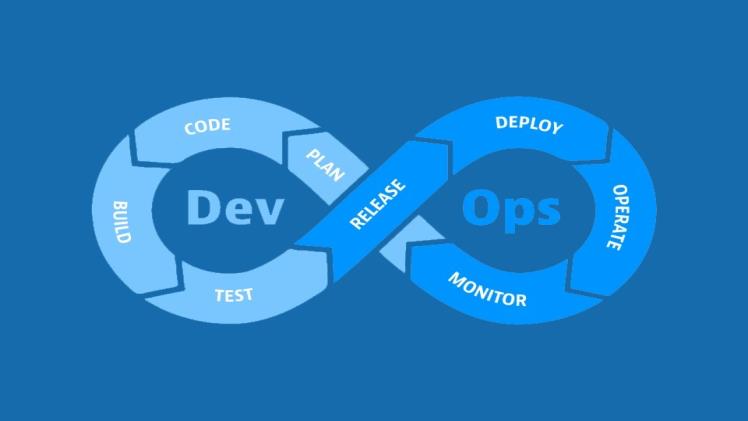Introduction to DevOps
Key Principles of DevOps
DevOps principles include:
- Collaboration: Encouraging cross-functional teamwork and communication.
- Automation: Automating manual processes to improve efficiency and reduce errors.
- Continuous Integration (CI): Merging code changes frequently to detect and fix integration issues early.
- Continuous Delivery (CD): Automatically deploying code changes to production or staging environments.
- Monitoring and Feedback: Collecting and analyzing data to provide insights and drive improvements.
Common DevOps Services and Tools
Several services and tools are essential for implementing DevOps:
- Version Control Systems: Git, Subversion
- Continuous Integration: Jenkins, Travis CI, CircleCI
- Configuration Management: Ansible, Puppet, Chef
- Containerization and Orchestration: Docker, Kubernetes
- Infrastructure as Code (IaC): Terraform, CloudFormation
- Monitoring and Logging: Prometheus, ELK Stack
- Collaboration and Communication: Slack, Microsoft Teams
Benefits of DevOps Services
DevOps services offer numerous advantages:
- Accelerated Deployment: Faster release cycles and reduced time-to-market for software products.
- Improved Collaboration: Better communication and cooperation between teams, breaking down silos.
- Enhanced Quality: Automated testing and continuous monitoring lead to more reliable software.
- Efficient Resource Utilization: Automation reduces manual effort and optimizes resource utilization.
- Scalability: Easily scale infrastructure and applications based on demand.
- Cost Savings: Reduces operational costs and minimizes downtime.
Challenges in DevOps Implementation
While DevOps brings significant benefits, it also comes with challenges:
- Cultural Change: Shifting traditional practices and promoting collaboration can be met with resistance.
- Complexity: Integrating various tools and services can lead to complex setups.
- Security: Rapid changes and automation need robust security measures to avoid vulnerabilities.
- Learning Curve: Team members might require training to effectively use new tools and methodologies.
- Continuous Monitoring: Constantly monitoring applications and infrastructure can be resource-intensive.

